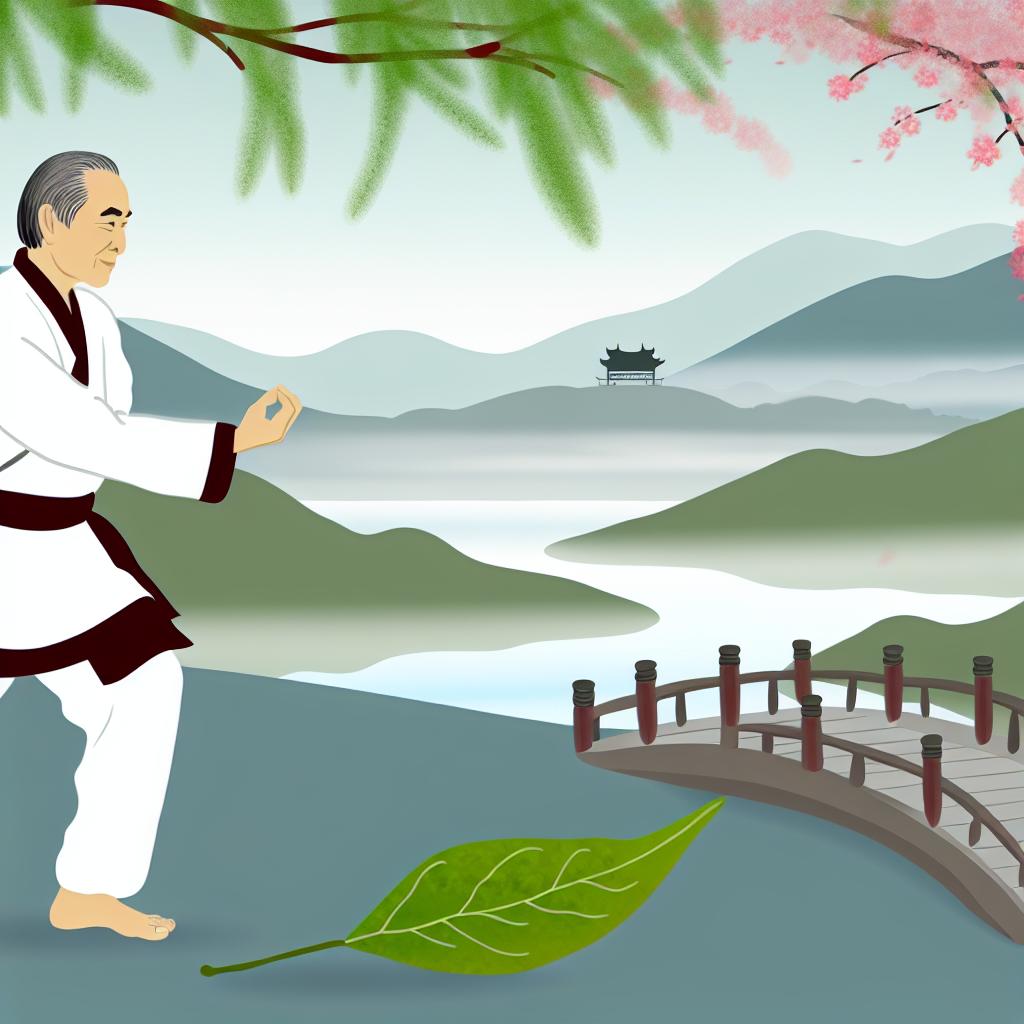
The Philosophy of Kung Fu
Kung Fu, a term often misunderstood simply as a style of combat, is much more than a martial art; it is a philosophy deeply intertwined with daily living. Originating from ancient China, Kung Fu is not merely about mastering physical techniques; it represents a comprehensive lifestyle that emphasizes discipline, respect, and personal development.
Historical Context
The origins of Kung Fu are deeply rooted in the necessities of ancient Chinese society. Initially developed as a means for self-defense, hunting skills, and military training, Kung Fu has been a part of Chinese culture for centuries. Throughout history, it evolved from these pragmatic beginnings into a highly respected spiritual practice, integrating elements from the philosophies of Confucianism, Taoism, and Buddhism. As these philosophical systems began to impact societal structures, Kung Fu absorbed teachings of ethics, moral integrity, and meditation, placing emphasis on self-cultivation and the pursuit of wisdom.
Confucianism’s influence can be seen in Kung Fu’s emphasis on discipline and respect for hierarchy, while Taoism contributes to principles of balance and harmony. Buddhism’s impact brings meditation and mindfulness practices into the training, guiding practitioners towards spiritual awareness and enlightenment. This confluence of beliefs illustrates how Kung Fu extends beyond physical mastery, becoming a path toward personal transformation and understanding of the universe.
Kung Fu as a Way of Life
The notion of Kung Fu as merely a combat skill diminishes its broader significance as a lifestyle choice. Practitioners understand that Kung Fu encompasses more than just fighting; it represents a journey towards self-improvement and self-discovery. This journey involves training regimens which aim to harmonize the body, mind, and spirit.
Discipline and Perseverance
At the heart of Kung Fu is a strong emphasis on discipline. Practitioners are encouraged to maintain a rigorous training routine that requires both mental and physical stamina. This strict discipline fosters perseverance and resilience, qualities that resonate within and beyond the practice hall. Discipline gained from Kung Fu often trickles into various aspects of life, leading to improvements in personal and professional domains. It teaches individuals to approach problems with patience and problem-solving strategies, cultivating a proactive mindset essential for overcoming life’s obstacles.
Respect and Humility
Respect is an essential element ingrained in Kung Fu practice. Practitioners are taught to show respect towards their teachers, fellow students, and even their opponents. This culture of respect is not merely hierarchical but is meant to foster humility and continuous learning. Understanding that there is always more to learn, practitioners develop an openness to knowledge, recognizing that mastery is a lifelong endeavor. Such humility ensures that the strength gained from Kung Fu is used responsibly, promoting the protection and enrichment of others rather than oppression.
Kung Fu Training and Personal Development
Training in Kung Fu involves a harmonious alignment of mind, body, and spirit. A typical regimen includes exercising physical forms, meditation practices, and breathwork, each serving to cultivate inner tranquility and self-awareness.
Mental Focus and Clarity
The practice of Kung Fu requires immense concentration and mental fortitude. Mastering intricate forms and movements demands precision, attention to detail, and mental control. Such concentration skills developed through practice translate into enhanced focus and cognitive abilities, benefiting a practitioner’s daily life. Whether in professional settings or personal endeavors, the clarity of thought and heightened focus become invaluable skills that help in decision-making and creative problem-solving.
Balance and Coordination
Kung Fu training is also heavily focused on improving physical attributes like balance and coordination. Practitioners are trained to execute movements with poise and elegance, achieving fluidity that reflects in their physical health and well-being. By refining balance and coordination, practitioners contribute to their overall physical fitness and agility. This improvement extends into everyday activities, equipping individuals with the physical and mental acuity necessary for navigating a fast-paced world.
Physical Health and Wellness
Engaging in Kung Fu exercises not only strengthens muscles but also enhances cardiovascular health, flexibility, and posture. This increase in physical fitness accompanies an enhanced sense of wellness, fueling the practitioner with energy and vitality. More than a means for effective self-defense, Kung Fu promotes a lifestyle that advocates health, wellness, and fitness for longevity.
Conclusion
Kung Fu, thus, transcends its martial application to become a profound way of life that encompasses mental, physical, and spiritual dimensions. By adopting Kung Fu as a lifestyle, practitioners strive to achieve a balanced and harmonious existence. The philosophy of Kung Fu acts as a guiding framework, empowering individuals to move through life with intention, integrity, and compassion. As practitioners delve deeper into their training, they uncover the interconnectedness of inner peace and outer strength. This holistic understanding not only enriches personal growth but also cultivates communal harmony, highlighting Kung Fu’s enduring legacy as a transformative life philosophy.
This article was last updated on: March 8, 2025

